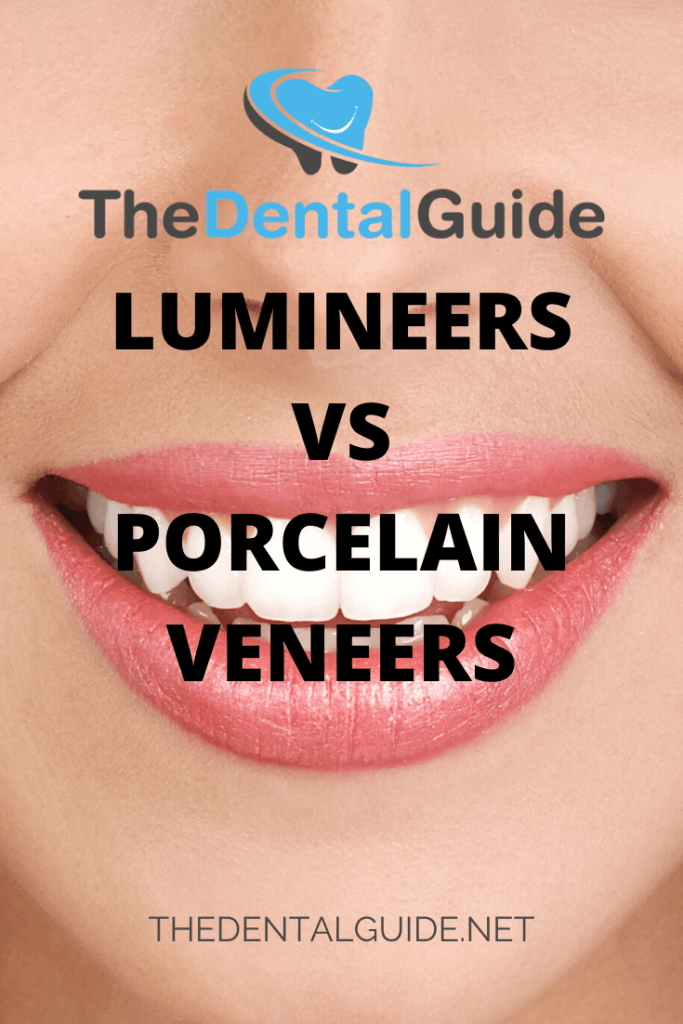If you’re in search of a perfect smile, there are many different cosmetic dentistry treatments available to you, including the option of having either Lumineers or Porcelain Veneers fitted to your teeth. Lumineers vs Porcelain Veneers is a decision that anyone requiring cosmetic orthodontist work needs to make so let’s examine the similarities and differences between the two.
The similarities
Both are stain-proof, very thin and lightweight, cover the visible areas of the teeth, repair minor imperfections, are resilient and strong, and give teeth a straighter and slightly longer look. They’re both great for concealing fillings that have become stained or discoloured and both look very natural when professionally fitted.
The differences
The main difference is that Lumineers are a patented product made from a unique porcelain (made by Cerinate Smile Design Studios) that’s very strong but a lot thinner than the traditional porcelain veneers. Fitting doesn’t take as much preparation or time and very little, if any, removal of the structure of the tooth, so your own teeth and the enamel are better preserved. Lumineers have been tested and the results show they can last up to 20 years when well looked after, although they can be slightly more expensive than ordinary porcelain veneers and typically start at around £700 per tooth.
Porcelain veneers, however, need to have about 5mm of your original tooth filed away to be able to be fitted. Some people find this a little uncomfortable. Porcelain veneers are thin custom-shaped shells that bond to your teeth to give you the most natural look, as the colour is very similar to your natural teeth. Porcelain Veneers can last as long as Lumineers but, more commonly, around 10 years or more and start at around £500 per tooth, although the price is very much determined by the treatment you opt for and the skill of the dentist. A highly skilled, specialist orthodontist could charge a lot more, possibly between £1000-£2000 per tooth.
When and how they’re both used
Your orthodontist will recommend that Lumineers are ideal for cosmetic adjustments but most wouldn’t recommend them for major remodelling work. They can be fitted to extend small-looking teeth, repair minor damage such as a chip, or change the colour of the tooth. They’re also good for misaligned teeth and can give new vitality to old crown and bridge work.
Porcelain Veneers can be used for many types of orthodontic work from closing and covering a gap between your teeth (if you don’t want to wear braces) to major remodelling, and are a good solution because they can be moulded precisely to give the best aesthetic look and finish.
The bottom line is that different factors make the options of Lumineers and Porcelain Veneers both viable. Depending on your individual circumstances, your orthodontist will be able to help you decide whether the benefits of Lumineers are for you or whether Porcelain Veneers are the better option.
